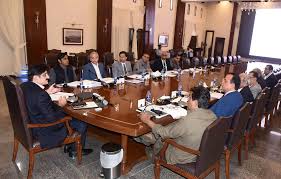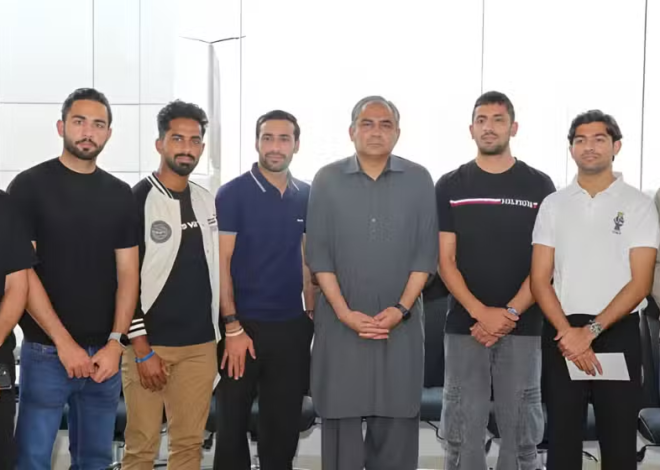
Sindh Government to Launch 300 Microschools to Educate 300,000 Out-of-School Children
The Sindh government, under the leadership of Chief Minister Syed Murad Ali Shah, has taken a significant step towards improving education in the province by approving the establishment of 300 digital microschools. This initiative, which aims to enroll 300,000 out-of-school children, will also create employment opportunities for over 600 female learning facilitators. The ambitious project has been allocated a budget of Rs800 million.
The directive came during a board meeting of the Sindh Education Foundation (SEF), attended by key figures including Education Minister Syed Sardar Shah, Chief Secretary Asif Hyder Shah, Planning and Development Chairman Najam Shah, School Education Secretary Zahid Abbasi, Finance Secretary Fayaz Jatoi, SEF Managing Director Kazi Kabir, and notable board members Qaisar Bengali, Dr. Qazi Masood, and Dr. Mohammad Memon.
Innovative Approach: Microschools and Digital Learning
Microschools represent a modern adaptation of the traditional one-room schoolhouse, utilizing smartphones and tablets to deliver quality education to children from underprivileged backgrounds. This innovative approach is part of the Accelerated Digital Learning Programme (ADLP), which has been expanded in collaboration with the Teach the World Foundation. The second phase of this program is set to span three years, focusing on scaling up the pilot project that was initially launched in 2023 with a budget of Rs710 million.
The pilot phase of the ADLP had already shown promise, supporting around 12,500 learners. Building on this success, the Sindh government aims to reach a much larger group of out-of-school children by 2025, through the establishment of these 300 digital microschools. Each of these microschools will be staffed by female learning facilitators, reinforcing the government’s commitment to not only improving education but also empowering women by providing them with employment opportunities.
Financial Commitment and Expansion Plans
SEF Managing Director Kazi Kabir outlined the cost per student in the next phase of the ADLP, which is estimated at Rs2,200. This led the Chief Minister to approve the Rs800 million budget for SEF to ensure the successful implementation of the program. The SEF’s current operations span six regions and 23 districts within Sindh, managing a diverse network of educational institutions including 2,734 schools, 35 public schools, 223 learning centers, and 125 microschools.
In addition to the digital microschools, the SEF has ambitious plans to launch 1,000 digital classrooms and implement skill development programs by 2025-26. These initiatives are designed to not only provide education but also equip graduates with employable skills, addressing the broader challenges of unemployment and economic development in the region.
Addressing Challenges and Ensuring Sustainability
Education Minister Syed Sardar Shah highlighted the financial challenges facing SEF, noting that the current spending of Rs16,000 per student per month is supported by an annual budget of Rs15,955 million, which is proving to be insufficient. In response, Chief Minister Shah instructed the finance secretary to review the budget and suggest measures to address any shortfall, ensuring the sustainability of these educational initiatives.
Furthermore, the meeting addressed the ongoing efforts to revitalize six previously non-functional public schools that lacked proper shelter. These schools are now being brought back to life through the dedicated efforts of SEF, demonstrating the government’s commitment to improving the educational infrastructure across the province.
Accountability and Financial Oversight
The SEF’s commitment to transparency and accountability was also discussed, with the Chief Minister being informed that an independent third-party audit of SEF accounts for the fiscal years 2021-22 to 2023-24 is currently underway. Additionally, the SEF Endowment Fund, which stands at Rs4,068.893 million, has generated Rs1,218.893 million so far, with an additional profit of Rs52.256 million earned from the invested gratuity fund.
A Path Forward for Education in Sindh
The establishment of these microschools represents a significant step forward in Sindh’s efforts to provide quality education to all children, regardless of their socio-economic background. By leveraging digital technology and innovative educational models, the Sindh government is working to ensure that no child is left behind in the quest for a better future. The initiative also underscores the government’s broader commitment to social development, empowerment, and the sustainable growth of the province.







